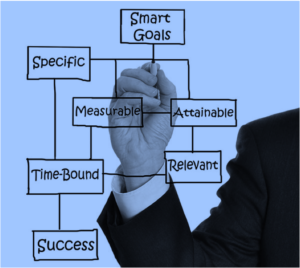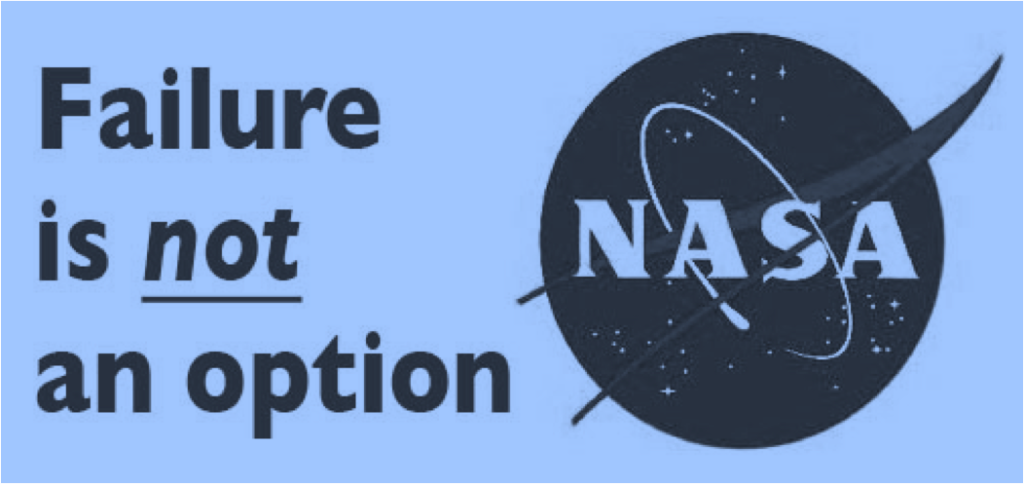The Point: You’re not Superman… So how can you achieve extraordinary results day-in and day-out? Centered Executive Coaching helps organizations achieve goals and move forward by empowering their leaders. However, even the best coach in the world cannot help you if you are not receptive to constructive criticism. A key trait of leadership is to admit ones own weakness(es). In the following post, we’ll take a look at the key problems that an executive coach may identify in your personality traits as a leader and how you can improve them… Enjoy!
Looking for a Temporary Solution to a Permanent Problem
In the corporate world, some problems are ‘permanent’ in that they keep recurring from time to time. Examples include office politics, financial loss, and external threats like lawsuits and mergers. There is no temporary solution to these problems! However, you can effectively manage them without exacerbating yourself. Only an experienced executive coach can help you understand this distinction so that you are not focusing your energies on unrealizable goals.
Downplaying your Abilities
Following from the previous point, an executive is seldom free from internal or external business pressures. However, some executives make their situation even more complicated with negative self-talk. They start to doubt their abilities and question their very role in the organization. A leadership development and/or executive coach helps you to identify your strengths so that you can leverage them to overcome problems, while identifying issues so that solutions can be sought. Sometimes, all you need is an honest assessment of your skills, which is a core aspect of executive coaching.
Doing a Balancing Act
Nothing strains your capacity as an executive more than the mistake of balancing everything on your shoulders. For example, you simultaneously want to become a better planner, eloquent speaker, and efficient manager, while also trying to improve work-life balance. However, having your focus on several things can easily drain your motivation so much so that you fail to make any progress. Results-oriented executive coaching helps you identify each area that needs development, and then tackle them one-by-one for better results.
Taking your Time and Energy For Granted
This follows from the previous point… Some executives think they are Superman. They have a reservoir of time and energy, due to which they say “Yes” to everyone and take responsibility for virtually everything that happens in their company. This is a crucial mistake! Your executive coach will help you prioritize your task, help you manage your time, and boost your confidence to say “No” and delegate more often.
Summary
To sum-up, there are serious behavioral issues that hinder the success of executives, and thereby their organizations. I’ve seen how leadership development and executive coaching can help leaders understand those areas that need improvement so that they (and their businesses) become more efficient (and profitable!)
To learn more about Tip of the Spear’s Centered Executive Coaching programs, CLICK HERE.




